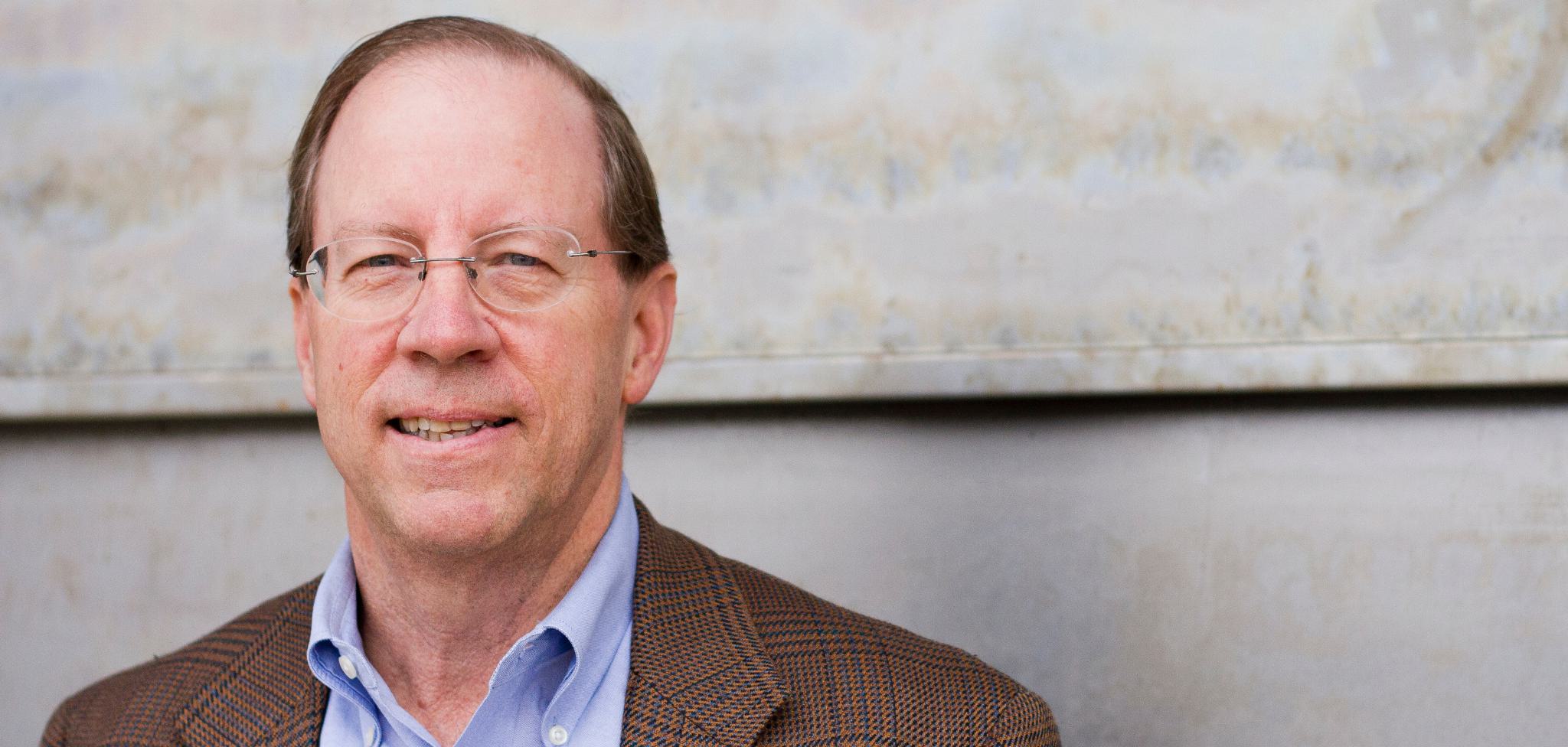Back in 1987, Alcoa hired Paul O’Neil as its new CEO. Alcoa, which had been in business for over 100 years, was struggling and needed new leadership. O’Neil was a former government bureaucrat that no one had ever heard of.
The company scheduled an investor meeting in a large New York ballroom to introduce O’Neil for the first time. The room was packed as he began his remarks.
I want to talk to you about worker safety. Every year, numerous Alcoa workers are injured so badly that they miss a day of work. Our safety record is better than the general American workforce, especially considering that our employees work with metals that are 1,500 degrees and machines that can rip a man’s arm off. But it’s not good enough. I intend to make Alcoa the safest company in America. I intend to go for zero injuries.
O’Neil hadn’t said anything about profits. He didn’t mention taxes. There was no talk of “using alignment to achieve a win-win synergistic market advantage.” For all anyone in the audience knew, given his talk of worker safety, O’Neill might be pro-regulation, or worse, a liberal. It was a terrifying prospect.
Eventually, someone raised a hand and asked about inventories in the aerospace division. Another asked about the company’s capital ratios. O’Neill said:
I’m not certain you heard me. If you want to understand how Alcoa is doing, you need to look at our workplace safety figures. If we bring our injury rates down, it won’t be because of cheerleading or the nonsense you sometimes hear from other CEOs. It will be because the individuals at this company have agreed to become part of something important: They’ve devoted themselves to creating a habit of excellence. Safety will be an indicator that we’re making progress in changing our habits across the entire institution. That’s how we should be judged.
The investors in the room almost stampeded out the doors when the presentation ended. One jogged to the lobby, found a pay phone, and called his twenty largest clients.
“I said, ‘The board put a crazy hippie in charge and he’s going to kill the company,’” that investor told me. “‘I ordered them to sell their stock immediately, before everyone else in the room started calling their clients and telling them the same thing.
“It was literally the worst piece of advice I gave in my entire career.’”
Within a year of O’Neill’s speech, Alcoa’s profits hit a record high. By the time O’Neill retired in 2000, the company’s annual net income was five times larger than before he arrived, and its market capitalization had risen by $27 billion. Someone who invested $1 million in Alcoa on the day O’Neill was hired would have earned another million in dividends while he headed the company, and the value of their stock would have been five times greater when he left.
What’s more, all the growth occurred while Alcoa became one of the safest companies in the world. Before O’Neill’s arrival, almost every Alcoa plant had at least one accident per week. Once his safety plan was implemented, some facilities would go years without a single employee losing a workday due to an accident. The company’s worker injury rate fell to one-twentieth of the US average.
So how did O’Neill make one of the largest, stodgiest, and most potentially dangerous companies into a profit machine and a bastion of safety? By attacking one habit and then watching the changes ripple through the organization.
“I knew I had to transform Alcoa, but you can’t order people to change. That’s not how the brain works. So, I decided I was going to start by focusing on one thing. If I could start disrupting the habits around one thing, it would spread throughout the entire company.”
O’Neill believed that some habits have the power to start a chain reaction, changing other habits as they move through an organization. Some habits, in other words, matter more than others in remaking businesses and lives. These are “keystone habits,” and they can influence how people work, eat, play, live, spend, and communicate. Keystone habits start a process that, over time, transforms everything.
I believe there is one “keystone habit” that should override all others. It will change everything in your life. The habit I am thinking of is spending time with God. Seeking Him each day. It is the nurturing of the soul as we allow Him to speak to us through the Bible and as we develop an effective prayer life. I have witnessed the transformation of many people’s lives as they deepen their relationship with Him. Make this a habit and it will truly make an incredible difference in your life.
Richard E. Simmons III is the founding director of The Center for Executive Leadership, a faith-based ministry in Birmingham, Alabama focused on counseling businessmen and professionals. His column appears every weekend in 1819 News. Richard is the best-selling author of The True Measure of a Man, Reliable Truth, and The Power of a Humble Life. His newest book, an Amazon best-seller, is Reflections on the Existence of God – a series of short essays seeking to answer life’s most enduring question: Does God exist? You can find Richard's weekly blog, podcast, and more at richardesimmons3.com. The views and opinions expressed here are those of the author and do not necessarily reflect the policy or position of 1819 News. To comment, please send an email with your name and contact information to Commentary@1819News.com.
Don’t miss out! Subscribe to our newsletter and get our top stories every weekday morning.










